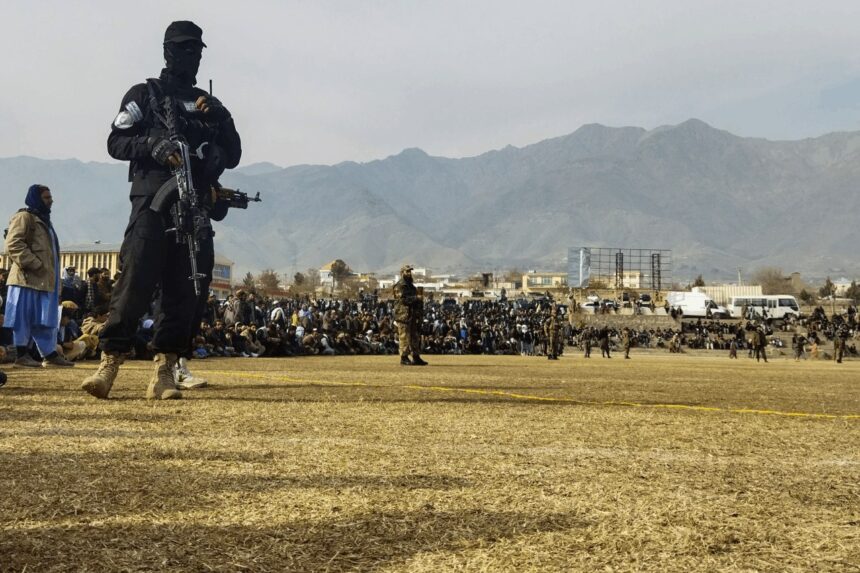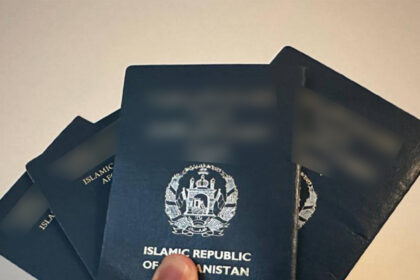RASC News Agency: In a chilling testament to the Taliban’s escalating authoritarianism, over 50 individuals, including at least five women, have been subjected to public floggings in just one week across multiple Afghanistan’s provinces, according to an official statement released by the Taliban’s so-called Supreme Court. In one of the most disturbing incidents, a man in Sar-e-Pul province was publicly whipped for allegedly entering a woman’s home without permission and causing her physical harm. The Taliban court sentenced him to 20 lashes, five months of imprisonment, and a 5,000 Kabuli rupees fine as “compensation” for the victim’s medical treatment. The sentence was carried out in full view of local residents, officials of the Taliban’s de facto judicial system, and other regime affiliates a spectacle designed to instill fear rather than uphold justice. Meanwhile in Kabul, the Taliban’s so-called narcotics tribunal publicly flogged 25 people for alleged involvement in the sale and trafficking of drugs. As with the case in Sar-e-Pul, these lashings were also conducted in public spaces, without due legal process or any semblance of judicial transparency. These acts are increasingly seen as public rituals of humiliation, designed to reinforce the Taliban’s brutal grip on power rather than to address crime or provide justice.
In their weekly report, the Taliban’s judiciary stated that a total of 53 individuals were subjected to corporal punishment last week alone. The accused were charged with various offenses, including theft, so-called “moral crimes,” and narcotics-related activities. Such punishments, widely denounced by international human rights organizations, are carried out under the Taliban’s interpretation of Sharia a version that disregards due process, human dignity, and international norms. Despite claiming these punishments are based on Islamic law and intended to uphold social order, the Taliban’s methods have been condemned as barbaric, regressive, and legally indefensible. No independent oversight exists, and most sentences are delivered without legal representation, formal investigations, or appeal mechanisms.
Human rights defenders warn that these punishments are emblematic of a broader campaign of state violence being waged against Afghanistani civilians, particularly women, minority groups, and the economically vulnerable. Legal experts stress that public flogging is a form of cruel and degrading treatment prohibited under international human rights law. Yet, the Taliban continues to deploy these spectacles as a tool of intimidation and societal control. The United Nations and global rights watchdogs have repeatedly called on the Taliban to end its use of corporal punishment and respect the fundamental rights of Afghanistani citizens. However, the group remains defiant and unaccountable, continuing to implement its draconian agenda with increasing frequency and little concern for public outcry.
This latest wave of violence comes amid mounting evidence of the Taliban’s complete dismantling of Afghanistan’s legal institutions, replacing them with a regime of fear where justice is arbitrary, and punishment is performative. Analysts note that rather than offering stability, the Taliban’s so-called judicial system has become a mechanism of repression, perpetuating a cycle of fear, silence, and collective trauma. As Afghanistan sinks further into legal darkness, the world faces a pressing moral imperative: to amplify the voices of those being silenced, and to hold the Taliban accountable for their egregious violations of human rights and dignity.






